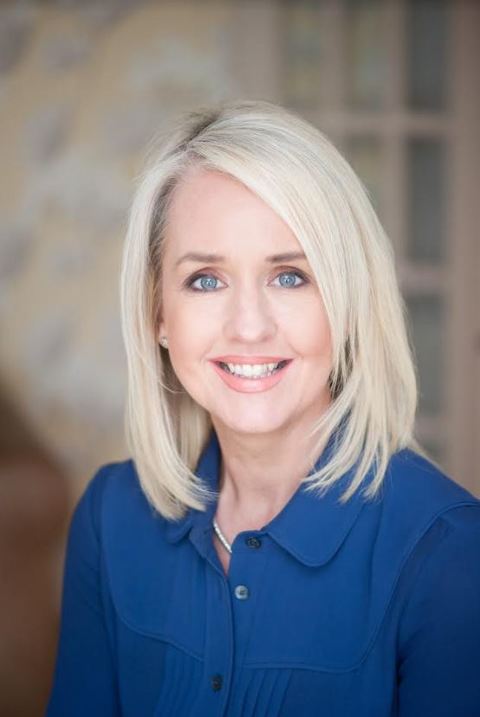
With studies consistently demonstrating sleep issues on the rise, parents must be cognisant of the potential negative impact of the use of electronic devices in this context. The influx of portable electronic media means that it is becoming increasingly difficult to create boundaries between the use of electronics in advance of sleep.
With many school-going children reporting their inability to fall asleep with ease, and parents and teachers observing poor concentration and motivation among other symptoms; it is probably time for us to review our over-reliance on electronic devices around sleep times.

Many parents of very young children employ the use of televisions, apps and iPads to either help entertain and, in many cases, 'wind down' their small people. The cost, however, may be quite large; with snapshot studies demonstrating that the more kids use electronics, the less sleep they ultimately get. In many cases it can be misleading, as our children are getting enough sleep, but the quality of the sleep is being compromised by the use of technology - and this may have far-reaching consequences for their overall health and wellbeing.
What happens when we use electronics close to sleep time?
It is becoming clear that playing video games, texting, and surfing the internet can put the body into fight or flight mode. You don’t have to be playing a violent game for this to happen - you may not even have to be playing a game. By using electronic media, the brain and body is put into a state of stress from the level of visual and cognitive stimulation. Young brains are more vulnerable than adult brains and, therefore, more sensitive to this - and possibly at a greater risk.
This may lead to sleep issues on a number of levels. Firstly the quality of sleep is impacted. All sleep is not equal, even if the duration is adequate. A wired brain, that has experienced the fight or flight stress, will cut short the amount of deep sleep completed overnight. Yet, this is required to promote the restoring quality of the sleep itself. Poor quality sleep compromises daytime alertness, directly affecting mood, behaviour, concentration, and so on.

Also, the light emitted from the screens has a negative impact on sleeping patterns. The intense light signals to the brain that it is wake time, rather than sleep time and inhibits the production of the sleep hormone melatonin. This can disjoint the circadian rhythm and, very often, be the sole cause of some children’s inability to go to sleep at an appropriate time. Dis-regulated biological rhythms can keep us from going and staying asleep.
Furthermore, electric magnetic radiation (EMR) is a by-product of anything electronic. Wireless gadgets, monitors and the internet increase the EMR levels. The effect of this also disrupts melatonin and exacerbates the fight or flight stress which, together, can impair both the quality of sleep and the ease with which going to sleep is managed.
For many, it will be obvious that your child is not getting enough sleep; however, other indications that your child is not getting enough restorative sleep may include:
-
Finding it difficult to switch off
-
Difficulty waking in the morning
-
Decreased concentration
-
Inability to retain information
-
Dark circles under the eyes

Unfortunately, the potential impact on our children - who require an age-appropriate amount of night time sleep - is greater due to their still developing brains, and the need to be able to be alert and open to learning.
Work on unplugging your child
Positively, making changes within your child’s sleep can have immediate results.
1. Disconnect your child from electronics including television at least one hour and, ideally, two hours before sleep time.
2. Keep electronics out of the bedroom. Children will naturally reengage in other activity in the absence of gadgets.
3. Help your child develop a pre-sleep ritual; reading a book, a relaxing bath, gentle exercises and meditation can all be appropriate to promote good sleep.
Lucy Wolfe, CGSC, MAPSC, is a paediatric sleep consultant and mum of four young children. She runs a private sleep consulting practice where she provides knowledge, expertise and valuable support to families across the country. See www.sleepmatters.ie; t: 087 2683584; or e: lucy@sleepmatters.ie.






